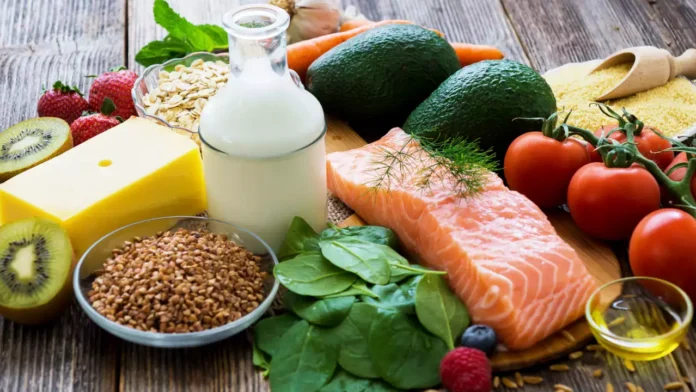On Tuesday, the Food and Agriculture Organization (FAO) of the United Nations unveiled the 2023 Regional Overview of Food Security and Nutrition: Statistics and Trends. According to the report, 74.1% of Indians struggled to afford a nutritious diet in 2021, a slight improvement from 76.2% in 2020. In Pakistan, the percentage stood at 82.2%, while in Bangladesh, 66.1% of the population faced challenges in accessing healthy food. The report cautioned that the escalating costs of food, without corresponding increases in income, could result in a growing number of individuals unable to afford a nutritious diet.
“If food costs rise at the same time incomes fall, a compounding effect occurs that can result in even more people unable to afford healthy diets,” the report said.
The FAO report provides an insight into the advancements made toward achieving Sustainable Development Goals and global nutrition targets set by the World Health Assembly (WHA).
vThe report highlighted distressing statistics in the region during the COVID-19 pandemic and the “5Fs” crisis—Food, Feed, Fuel, Fertilizers, and Finance.
“Even to date, the region is still suffering from some protracted effects. The latest statistics indicate that the region, with 370.7 million undernourished people, continues to represent half of the global total. Similarly, the Asia and the Pacific region accounts for half of the world’s severe food insecurity, with more women than men being food insecure. Prevalence rates on stunting, wasting, and overweight among children under 5 years of age, as well as anaemia among women of reproductive age, are still off the marks in terms of World Health Assembly global nutrition targets,” the report said.
The report said 16.6% of the country’s population is undernourished. “The impacts of undernourishment extend beyond health and nutritional well-being to include economic and social costs,” it said. According to the report, the region exhibited lower rates of both moderate or severe and severe food insecurity compared to global prevalence since 2015.
“Southern Asia showed higher prevalence of severe food insecurity compared with the other subregions, and it is in Eastern Asia where the lowest prevalence of severe food insecurity was observed. Compared with the world, Southern Asia had higher percentages for both moderate or severe and severe food insecurity since 2015,” the report said.
Stunted growth affected 31.7% of children under the age of five in the country. “Stunted growth and development are the result of poor maternal health and nutrition, inadequate infant and young child feeding practices, and repeated infections interacting with a variety of other factors over a sustained period,” the report said.
India had the highest rate in the region for wasting (low weight for height), affecting 18.7% of children under the age of five, representing a significant health concern. “Reducing and maintaining childhood wasting to less than 5% is the WHA global nutrition target,” the report noted. 2.8% of the children below five years were overweight, another health risk.
53% of the country’s women aged between 15 to 49 had anaemia, which was the largest prevalence rate in the region in 2019. “It (anaemia) impairs health and well-being in women and increases the risk for adverse maternal and neonatal outcomes,” the report warned.
According to the FAO, the percentage of obese adults in the country was 1.6% in 2000, and this figure rose to 3.9% by 2016. In terms of exclusive breastfeeding among infants aged 0–5 months, India has made progress with a prevalence of 63.7%, surpassing the global prevalence of 47.7%. Additionally, India has the highest prevalence of low birthweight in the region at 27.4%, followed by Bangladesh and Nepal.
Similar figures were previously highlighted by the Global Hunger Index. The Center dismissed that data, asserting that the methodology was flawed. FAO collaborates closely with the governments of its member countries.





